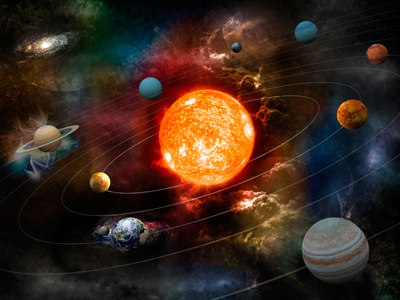
Databases
This Computer Science quiz is called 'Databases' and it has been written by teachers to help you if you are studying the subject at middle school. Playing educational quizzes is a fabulous way to learn if you are in the 6th, 7th or 8th grade - aged 11 to 14.
It costs only $12.50 per month to play this quiz and over 3,500 others that help you with your school work. You can subscribe on the page at Join Us
Databases are storage systems which allow you to store and organize vast quantities of information or data. They can be very useful tools in all sorts of different situations. A historian might use one to list all of the monarchs of England for example, and input the length of their reign, their date of birth, how many children they had or any other piece of statistical information he wanted to add. He could then order the list in several different ways, for example alphabetically, by age or by year of birth. Databases are organized in a way that makes them easy to search for the information they hold.
Ready for more?
not all...
quizzers. Try to win a coveted spot on our Hall of Fame Page.







